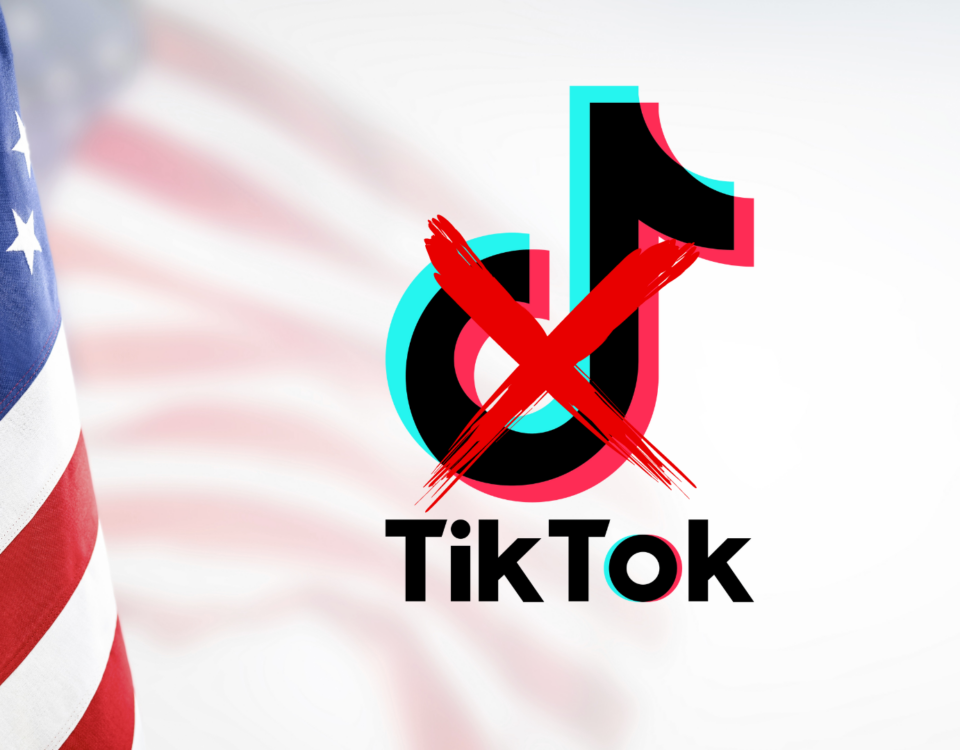
Intellicast S2E32 – Priscilla McKinney, Momma Bird of Little Bird Marketing
October 1, 2019Employee Spotlight: Jason Inderhees
October 8, 2019In a move that will likely ignite a chain of events to change amateur sports as we know it, the state of California passed a law stating that starting in 2023, college athletes in the state of California will be able to hire agents and make money from endorsements. Students at both public and private universities will be permitted to sign endorsement deals with shoe companies, car dealerships, or any other business, and will be able to profit from their image, name, or likeness. Other states, including Florida, are moving quickly to pass similar laws.
As part of our ongoing research-on-research we recently asked 2,262 respondents in the U.S. their thoughts surrounding paying college athletes.
Paying College Athletes
Overall, the sentiment is very mixed with just over a third (37%) stating that they are in favor of college athletes being paid. While just under half (46%) do not think they should be paid, quite a few (17%) are undecided.
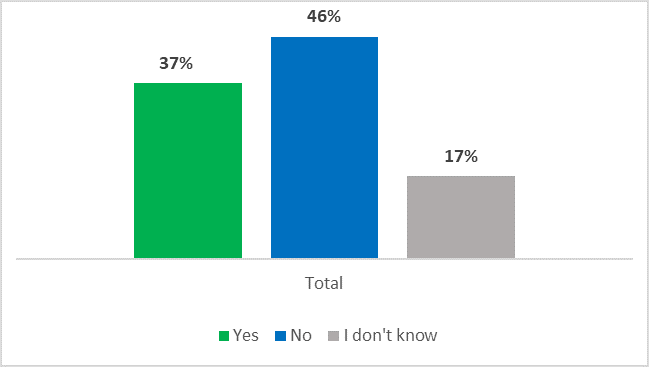
When looking at subgroups, males are much more likely to feel that athletes should be paid. Generally, the younger you are the more likely you are to feel they should be paid. Additionally, those that have a college education and those that have higher incomes (over $75k) are more likely to be in favor. Democrats are much more likely to feel that college athletes should be paid.
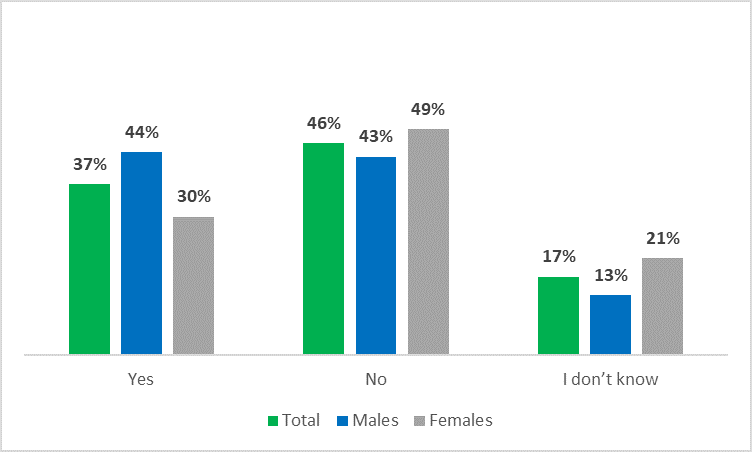
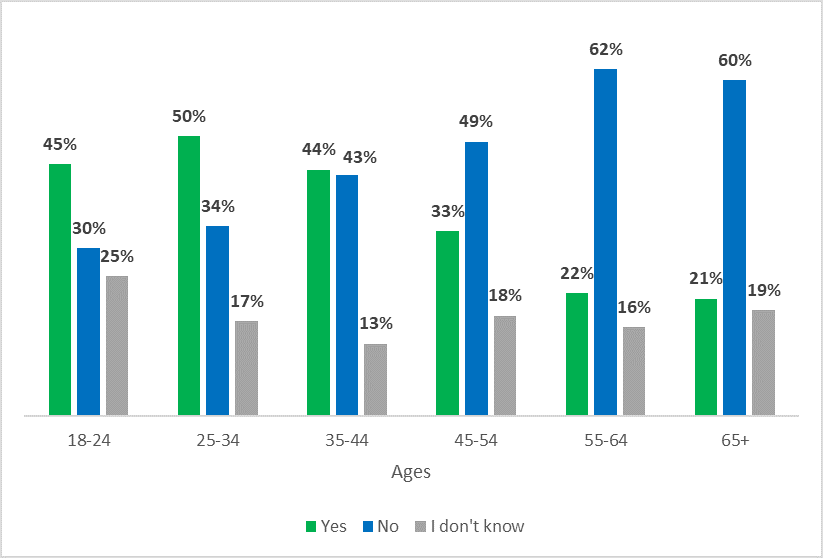
Legalization Differs Greatly by Panel
Lastly, we looked at the number of those that are in favor of paying college athletes from a sample provider standpoint. Many of the top sample providers participated in this study and are listed below as panels A through G (blinded). They were all balanced on age, gender, education, and other demographics. You’ll notice that the percentage of those that feel athletes should be paid varies quite a bit. While the overall rate was about 37%, there was as much as a 28-point swing between the lowest and the highest.
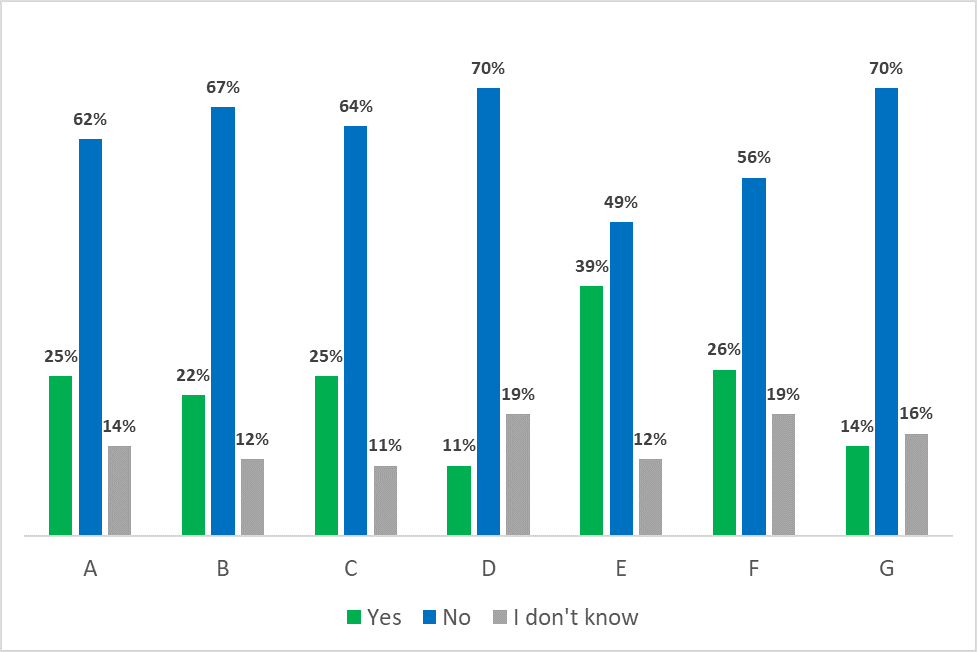
Emergence of eSports
Another trend in sports is the emergence of eSports. We asked respondents if they feel eSports (electronic sports), a form of competition using video games, is a real sport. Overall, 61% of individuals surveyed feel that eSports is not a form of competition. Only 23% feel that eSports is a form of competition and 15% are undecided.
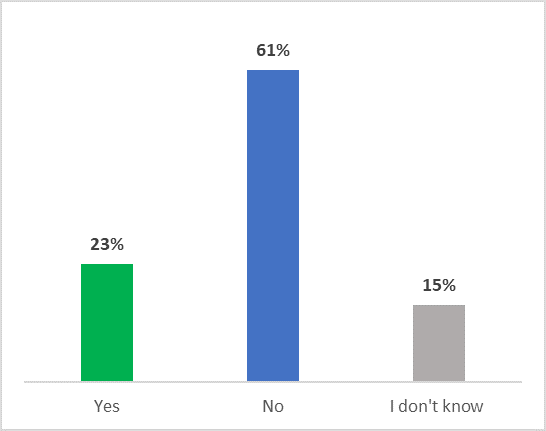
eSports and Demographics
Taking a deeper dive into the results, males are much more likely to feel that eSports as a form of competition using video games is a real sport. Additionally, the younger you are the more likely you are to feel that eSports is a form of competition.
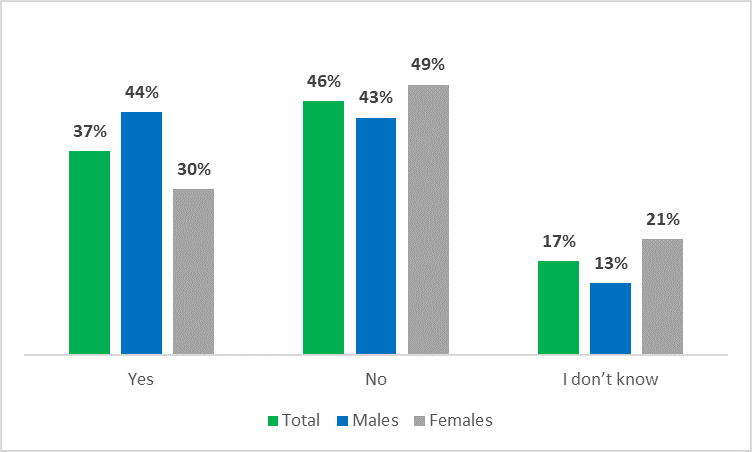
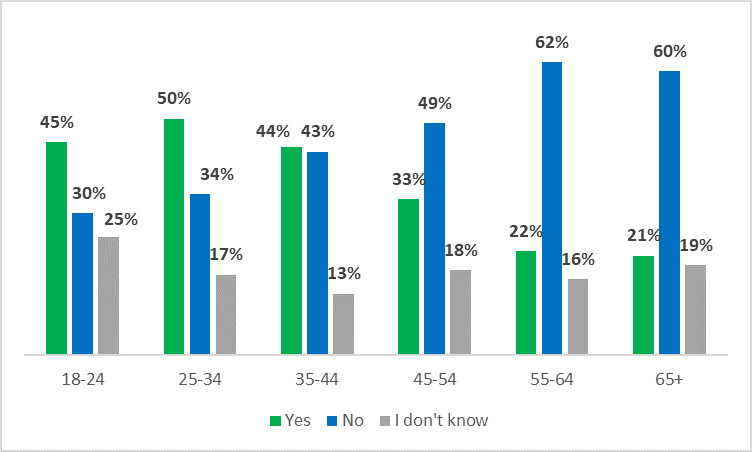
Differences Among Panels
Similar to the panel differences we saw with the agreement surrounding paying college athletes, we saw significant differences among those that feel e-sports is an actual sport. This ranged from 11% to as high as 39%, a 28-point difference in overall agreement.
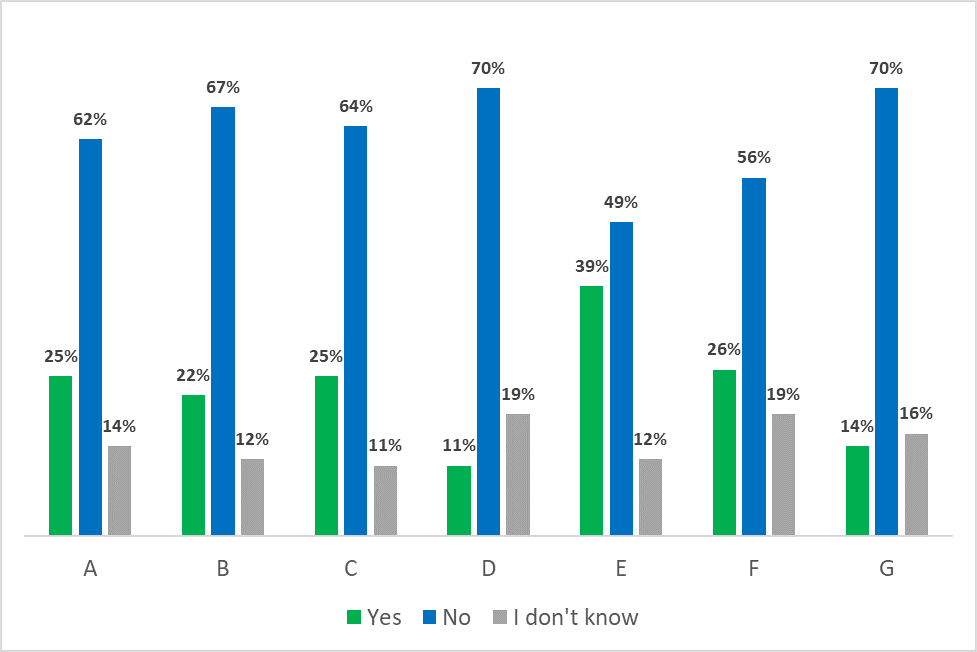
Why do these differences exist? There are many reasons why such large differences exist, but the primary reason is that panels are built and managed differently. At EMI, we don’t label these differences as good or bad, but simply “different” because of the variances between how they’re built, how they’re managed, and several other reasons. We nearly always see these types of differences in attitudinal and behavioral shifts between panels, even with strict balancing on demographics.
Because of this, and the potential for various business decisions being made depending on the panel chosen, we recommend a blended approach to sampling, such as EMI’s approach IntelliBlend®, which is an intentional and controlled method to blend sample. Click the button below to learn more about IntelliBlend®.



